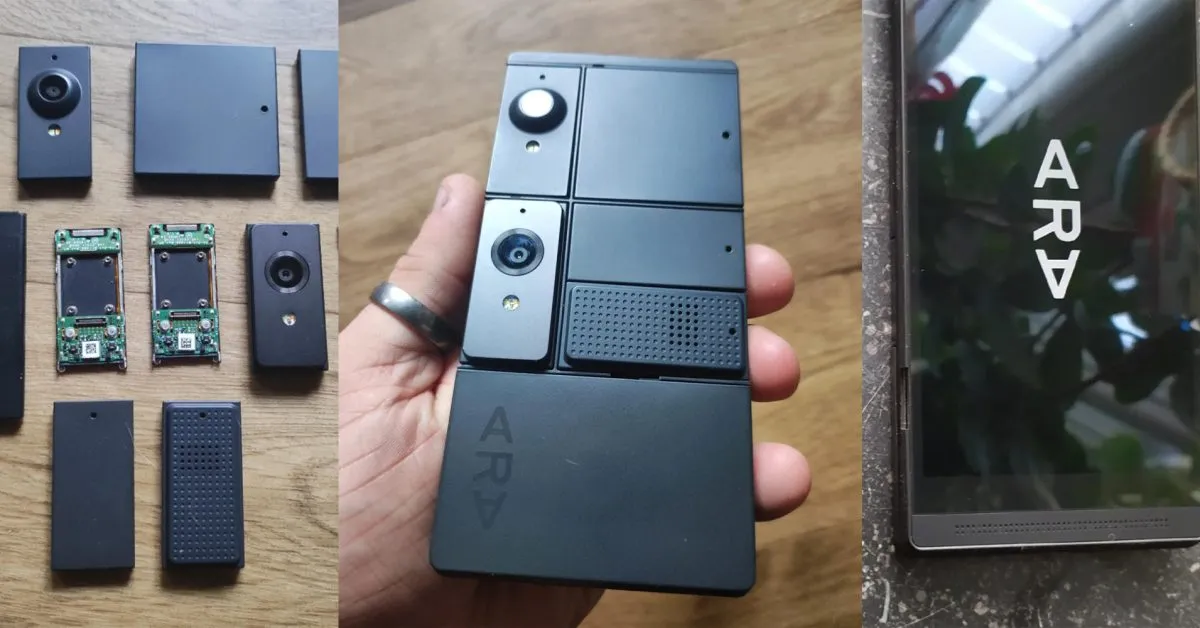
Nearly a decade has passed since Google officially discontinued its innovative modular smartphone initiative, Project Ara. Despite its cancellation, interest in the project persists, fueled by recently surfaced videos showcasing prototypes of this unique device. The foundational idea behind Project Ara was to create a smartphone that allowed users to easily swap out components, catering to individual preferences and needs.
The concept of a modular smartphone was revolutionary. Imagine being able to upgrade your device by simply exchanging a camera module for a better one or adding a larger battery to extend your phone's life. This approach promised users unprecedented flexibility in customizing their smartphones. However, despite the excitement surrounding Project Ara, it ultimately never came to fruition.
Google began beta testing Project Ara as early as 2014, showcasing its potential and gathering user feedback. However, the journey was fraught with delays and challenges. As the project evolved, Google announced further plans, but it wasn’t long before the tech giant decided to shelve the entire initiative. Over the years, various prototypes emerged, but interest waned until now, when new videos have reignited curiosity about the project.
Recently, a TikTok user known as Racoondetectionsquad shared videos featuring not just one, but three Project Ara prototypes, complete with several modules. These videos provide a rare glimpse into the functionality and design of the device, showcasing its various configurations. Among the modules displayed are two types of camera modules, a speaker module, and what appears to be additional battery modules.
One particularly interesting aspect highlighted in the videos is the method of removing modules. Instead of utilizing software commands, the user demonstrates how to detach a module using a SIM card ejector tool. This hands-on approach emphasizes the practical design behind the modular concept. Furthermore, one of the modules features a mysterious switch, indicating potential functionalities that were never fully realized.
While the very notion of a modular smartphone like Project Ara might not align with current trends in the smartphone industry, it remains an intriguing idea. Today’s smartphone manufacturers typically favor sleek, integrated designs over modular components. Nevertheless, the allure of Project Ara serves as a nostalgic reminder of the innovative spirit of its time, allowing us to ponder what could have been had the project succeeded.
In conclusion, the recent resurgence of interest in Google's Project Ara highlights the enduring fascination with modular technology. As we look back on this ambitious project, it’s clear that while it may not have changed the smartphone landscape, it certainly sparked our imaginations regarding the future of mobile devices.